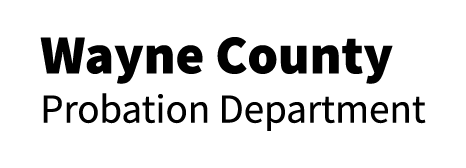
Juvenile Justice and Juvenile Intake
Understanding Juvenile Justice
All youth under 18 who are arrested will meet with a Juvenile Probation Officer. Youth are arrested and referred to the Probation Department for delinquent offenses (criminal) or status offenses (non-criminal). Examples of delinquent offenses include shoplifting, battery, driving a car without a license, and many other crimes adults can commit. Examples of status offenses are truancy from school, curfew violations, underage drinking, and running away from home. Only youth can commit status offenses.
The Juvenile Probation Officer serves as the Intake Officer of the court. As the Intake Officer of the Court, the Juvenile Probation Officer works with the arresting officer/agency, the youth/family, the Wayne County Prosecutor’s Office, and the youth’s attorney to recommend the best option(s) for the youth.
When a youth is arrested, many options exist for how to serve the youth best. Youth can be offered an informal plan, known as Informal Probation, instead of going in front of a judge. Other times, the youth does have to go before a judge. The Judge will review the facts presented and also decide on the best option(s) for the youth. The Judge can order the youth to do things like counseling, treatment (inpatient or outpatient), community service work, assign a mentor, go to school, do drug screening, be removed from the home and placed in secure detention, or be placed at a residential facility.
A youth who has been arrested has legal rights. Every youth has a right to an attorney, and if an attorney is necessary, the Judge will appoint one, and/or the youth’s family may hire one on their own. The attorney will help the youth understand what is happening in the case and help the youth get their desired result.
